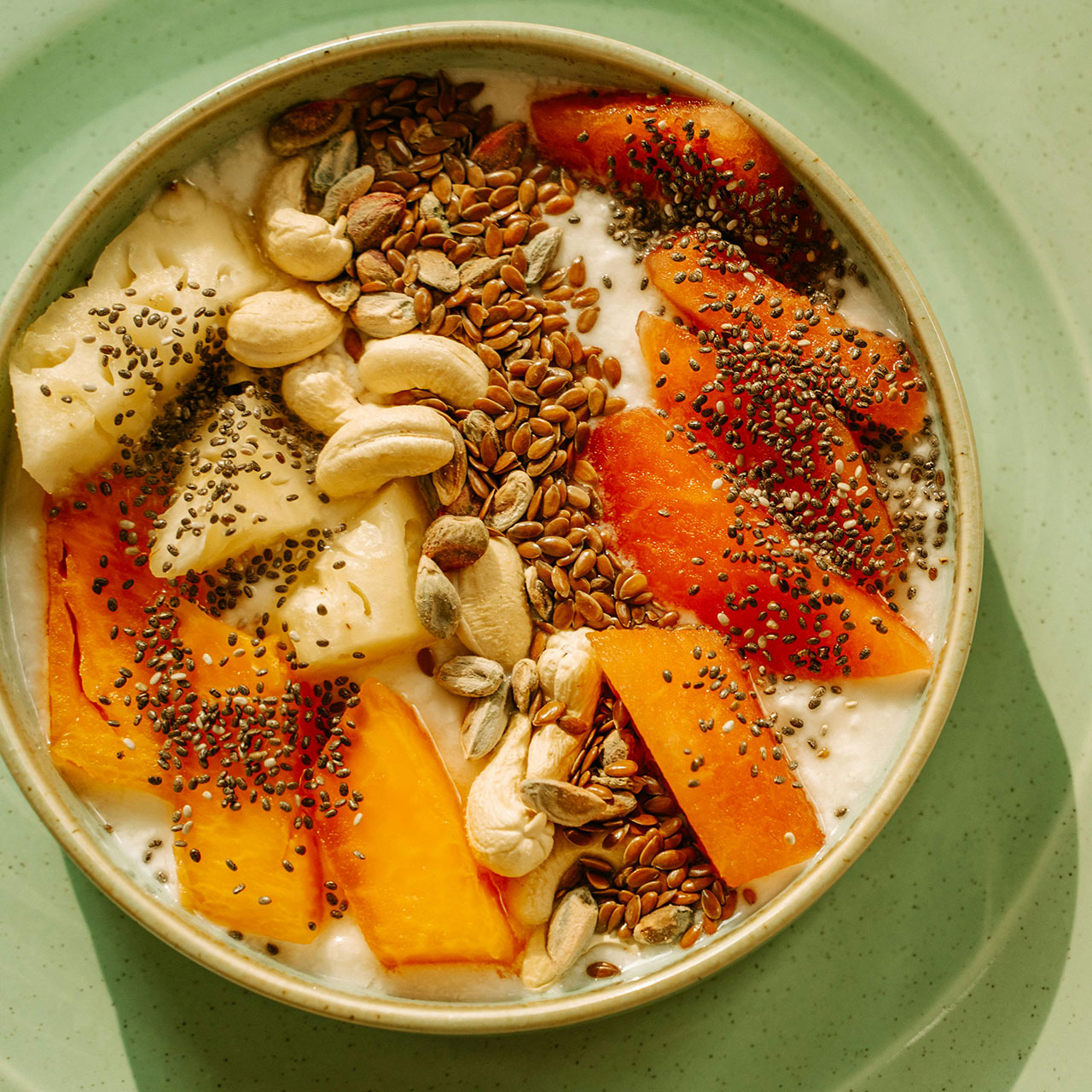This is an archived article and the information in the story may be outdated. Please check the time stamp on the story to see when it was updated last.
Some macronutrients, like fat or carbs, are designated as “good” on some diet plans, and “bad” on others. But added sugar is one that is known to have *no* nutritional benefits, and thus doesn’t need to be apart of anyone’s daily diet. “Your body doesn’t need to get any carbohydrate from added sugar,” Dr. Yelena Deshko, a general family practitioner with a special interest in, anti-aging medicine, tells us. Natural sugars are found in fruits, vegetables and whole grains, however any added excess sugar beyond that which naturally occurs in plants is unnecessary, she explains.
In fact, people who consume diets high in added sugar are at greater risk for heart disease, type 2 diabetes, obesity and many other chronic health conditions, board-certified obesity specialist Katherine Saunders, MD, DABOM, explains. “High sugar consumption has been linked to many negative health outcomes including obesity, diabetes, and even heart disease,” Dr. Deshko warns. “Metabolic syndrome, diabetes, heart attack, stroke, and cancer,” are also linked to sugar consumption, wellness expert Dr. Matt Chalmers explains. And not to mention, “Weight gain, inflammation, belly fat and mood changes,” are also known to go hand in hand with added sugar consumption, bariatric physician Dr. Amy Lee offers.
And not mention–it just makes you feel crummy! “In addition to the effects on health, added sugar can make people feel terrible,” Dr. Saunders, who is the co-founder and senior medical advisor of Intellihealth, warns. Think about children eating sugar and subsequently being on a “sugar high.” “What happens next? They crash,” she explains. Adults experience the same response to sugar in terms of our blood sugar fluctuations. “When blood sugar crashes after eating sugar, we’re more likely to feel tired and hungry.” Ugh, the worst!
Finally convinced that cutting out sugar is for you? Here’s everything you know about what you can expect when you kick your added sugar habit:


Breaking The Habit
If you've been eating a lot of added sugar, you're going to feel withdraw symptoms like fatigue, lethargy and headaches when you first break the habit. "If you are used to eating a lot of sugar in your day, then stopping sugar intake can cause you to have symptoms of withdraw," Dr. Lee warns. "Sugar is a chemical that activates your receptors in every living cell. Sugar is used in the form of a glucose molecule which the body recognizes. As one uses sugar, the more you take, the more tolerant the body becomes and one would need more and more to get the same emotional and physical effect, hence, people end up eating more of it,"--aka, sugar can create an addiction-like relationship to the body. "But thankfully, these symptoms do stop after a day or so and the human body is smart enough to figure out other ways to not depend on sugars," she says.
Immediate Benefits
In the short-term, cutting out sugar can prevent or curb further cravings and get more consistent energy levels, Dr. Deshko explains. "Sugar cravings often manifest when the concentration of glucose in the blood stream starts to drop beyond a certain threshold. This signals to the body that you need to replenish levels ASAP, which creates cravings for sugar rich foods for an immediate glucose hit," she says. But if you replace high-sugar foods with eating protein, complex carbohydrates, fiber and healthy fats, you stabilize the rate at which glucose is released into the bloodstream. "This essentially flattens the peaks and troughs in blood sugar levels keeping your energy levels stable."
"In the first few weeks you'll notice fat loss, energy increase, sleep gets better, inflammation decreases," Dr. Chalmers adds. Sounds amazing! "When you stop eating sugar your body will reduce the resistance to insulin making everything run smoother in the body," he adds.

Long-Term Benefits
More Energy
Following a dietary strategy that avoids added sugar ("try to minimize packaged and processed food to start!") can make people feel more energized and less hungry," Dr. Saunders explains. "My patients often tell me that they feel so much better after making these dietary changes and many didn’t even realize how badly they felt previously."
Less Inflammation
In the long term, reducing or stopping sugar consumption can help reduce chronic inflammation. "Lower chronic inflammation can help improve some inflammatory medical conditions such as atherosclerosis, arthritis and inflammatory bowel disease," Dr. Deshko advises.
Younger-Looking Skin
Recent research also links high sugar consumption with accelerated skin aging, Dr. Deshko points out. "Therefore cutting out sugar can even help you look younger," she says. Sounds good to us!
Weight Loss
"Some people can actually lose water weight; as sugars can cause the body to retain water," Dr Lee says. As time passes, most people can start burning fat or losing weight and or inches.
Additional Benefits
"Joint pain will start to subside, mental clarity increases, your taste buds will start to reset so things are not so bland," Matt Chalmers continues of the added benefits of quitting sugar. We want all of the above!


























